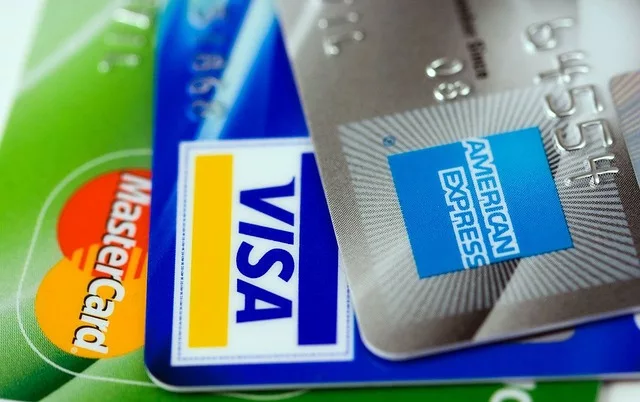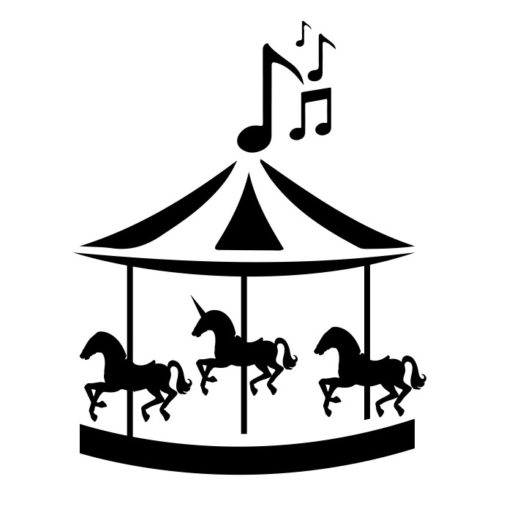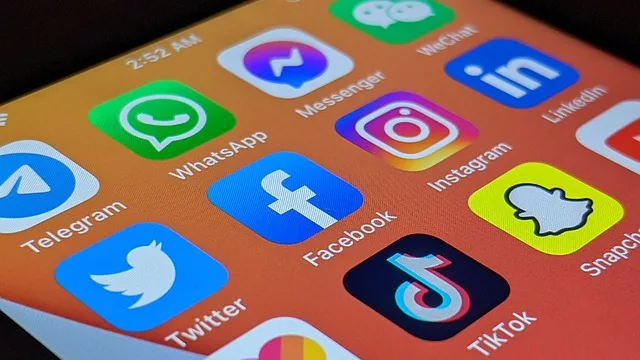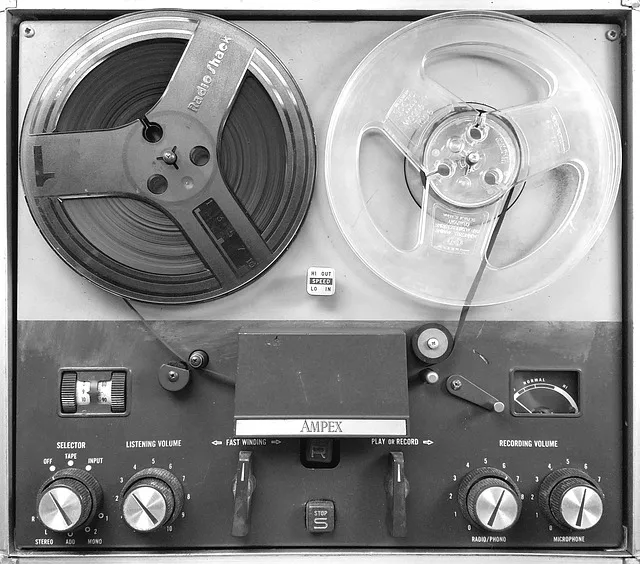DISCLAIMER: Parlor City Sound earns a commission (at no cost to you) if you click a link to Amazon and buy something while visiting this page. This is only applicable to Amazon links—we don't earn a sales commission from anyone else. Read our advertising disclosure & FAQ to learn more about our strict policies on affiliate marketing.
Yes, music store credit cards are worth it … so long as you can afford the minimum monthly payments and you’re confident you won’t miss any. It can even help your credit score grow, so long as you remain responsible with the card.
A lot of big music store chains like Sweetwater, Guitar Center/ Musician’s Friend, and Sam Ash offer music store credit cards (all of those aforementioned businesses offer cards through Synchrony Bank). You won’t find music store credit cards available at most locally-owned stores, but many do offer layaway plans.
Music store credit cards work pretty much the same way as any other credit card. You’re borrowing money to make a purchase today that you’re expected to pay back, usually with interest, over a given period of time. The key difference is that you’re usually limited to using that store card specifically with that one business.
Making your payments on time will help improve your credit score, which in turn means you can borrow more. Missing payments, however, will lower your credit score and convince lenders you’re less responsible.
How to use music store credit cards responsibly and safely

Getting a music store credit card can kick temptation levels into overdrive. It’s easy to imagine yourself bringing home that beautiful Gibson Les Paul and a beastly Marshall stack. But being irresponsible with your new card can cause a lot more trouble than it’s worth in the long run. So here are a few important things to keep in mind if you decide to get one:
- You need to pay it back. Bad credit can prevent you not only from getting more cards in the future, but also from buying a car or a house down the road. Even if that stuff doesn’t matter to you today, it might in the future.
- Can you afford the monthly payments? Take the time to look at your finances. Can your monthly budget take this hit safely? Having new music gear is great, but not when it means you’re missing meals or sitting in the dark without power.
- Can you pay it off early? Pay close attention to promotional periods. If a product is offered interest-free for 48 months, that means you have two years to pay off the balance in full without having to pay interest on the purchase.
- It’s the interest rate that kills you. Store cards typically have significantly higher interest rates than normal credit cards. So again, be sure you can pay off the purchase before the promotional period ends. And if there’s no interest-free promotion, make sure you understand what the interest rate is. You’re paying the full price for the equipment, plus whatever that interest rate is!
What alternatives are there to getting a music store credit card?
Music store credit cards are incredibly useful when you need to buy instruments or other equipment today, but they’re not the only game in town. You’ll have a few other options when you’re shopping for equipment, including:
- The obvious one: paying in full. Save up your money until you can afford the item and buy it then.
- Use a traditional credit card, if you have one. Your interest rates might be lower than the store card’s rates!
- Get a secured credit card. These are basically credit cards you’re paying for in advance. You put down a deposit, and your credit limit with that card is equal to that deposit. These are popular types of credit cards for establishing credit and they work everywhere a normal credit card works.
- ZZSounds offers a play as you pay financing option. This is an interest-free financing type, but make sure you can afford those payments. They’re coming out whether it’ll overdraft you or not. If you’re confident you can afford it though, this is a very good alternative to getting music store credit cards.
- See if any locally-owned music stores offer layaway plans, where you can pay for the item over time and get it when you’ve finished paying it off. This is a great interest-free option, but doesn’t help you establish credit. We always prefer when musicians shop local versus going to the big online retailers, so call around and ask what the terms of their layaway plans are, if they have one.
Credit cards are useful, but they can also be dangerous
Clearly, Parlor City Sound is a music website, so we’re perhaps not the best people to ask about the merits of music store credit cards. But having used them ourselves, we do feel confident in giving this sage bit of advice: never buy gear you can’t afford.
When you’re responsible with a credit card, it’ll open all sorts of financial doors for you moving forward. You’ll see increased credit limits, approvals from bigger lenders, and more. But if you’re not so responsible with a credit card, you can end up doing serious long-term financial damage to yourself, and dig yourself into a hole you might not be able to claw your way out of later.
So yes, get music store credit cards if you’re confident you can afford them and you’re sure you understand the risks. But if you have lingering doubts, we advise against applying for one. And we definitely recommend establishing your credit before going for music store credit cards, too!
More from Parlor City Sound: How to record a full band for as little money as possible




